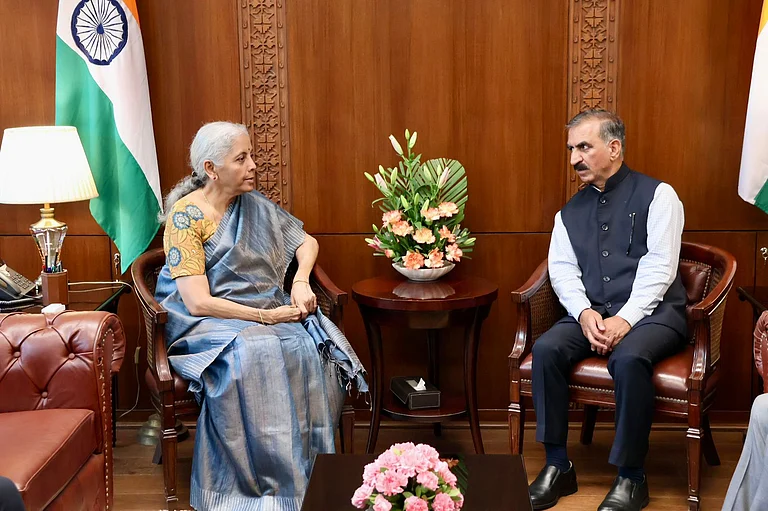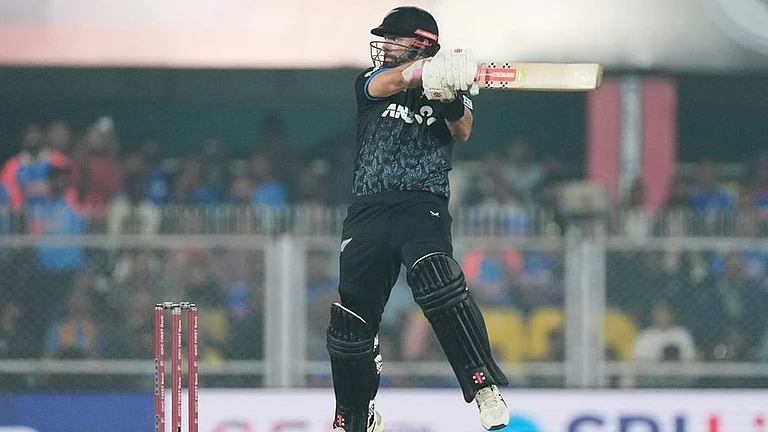Manik is one of my fathers who died recently. One of the sweetest men a man could meet. He spent his life in the service of others and though did not have any children of his own, he liked accumulating adoptive children. I was one of them, the poorest of the lot. His wife, at the time of his death shouted to the skies, ‘ Manik, now we will see what use your fathering of these children— most of who had senior positions in multinational conglomerates while Manik was a mere grocer his entire life—will come to? Will they come to your funeral, dear Manik, soft man, who only saw the good side of people? Will they accompany me when I return to our home alone and talk to the air, dear Manik, you nice man, you fool. All the love you showered on these children has come to nought. After you departed, they don’t even respond to my text messages, Manik. Don’t you think this love would have been better spent on the needy, the poor, left-behind widows, for instance?’
But Pinky, Manik would say, love is never calculated and always mis-spent.
*
Another Father, Shafkat, expressed his love, by showering me with clothes I never wore. Our tastes were simply different. When he fell sick, he demanded gifts: t-shirts, watches, belts, perfumes, as a sym-bol of our love. For a moment, as a sort of joke, I thought of buying him all the things that I knew corresponded only to my tastes but was certain he would not like. But that would have been mean and the wrong gesture at such a heart-felt moment.
*
There are some fathers I dream of, fathers as heroes. I imagine a childhood with a father who would train me , perhaps even in his own craft. As referenced in a book of mine about my father, my father was a watchmaker. I wonder why he did not take me on as an apprentice and have me learn the art of watchmaking so that him and I would be able to rebuild the watch business we once lost, this time only fathers and sons. It would be my father and I making and repairing watches and my brother would manage the accounts.
*
Another one of my fathers is someone I barely see. I often even forget that he is my father. He is an old man with a heart problem. I met him in the bookshop he works at, called Bookworm, a generic name for a bookstore and he, my father, is quite a bookworm himself. Very few people actually come to the shop, giving this father much time for reading. There was a time when I used to have lunch with him every Wednesday, on his day off; he would speak of his son who has aban-doned him much like I have abandoned my father. Perhaps my father (the watchmaker) has a son, just like this father has me. This father, I often forget, for years, until he reaches out, at which I point I promise that I will meet him soon, but somehow forget all about him. If I, however, happen to be in the area on an errand, I do drop in in the bookstore, but end up spending more time with the books than with my father. You see, he is a weak father, a father, I feel sorry for, not a hero. This father I continually forget.
I also have a father who constantly forgets me. He sits large on his chair and is so happy and content with his life and his wife—obviously not my mother— that he often forgets to inquire about me. He loves me, but does not feel the urge to chase me; as a proud man and father, he feels that his children should be running after him. He is a true hero, a father with stocky body and solid ideals. A maker of his fate who goes to bed early and wakes up before sunrise to water his garden. It’s been so long since I have seen him and need to visit him before he forgets all about me. This is the kind of father I look up to most.
*
My mother told me that my (ur) real father went missing right before I was born. Rumours spread that he had wandered out of the city lim-its and had started a new life as a monk and this is just the kind of stuff legends are made of, right at the precipice of a child’s birth.
*
To build a father out of air, much like building much anything else from nothing, especially when the only time you saw him were those two sore years after your birth. You grow up to call anything father, even an old telephone pole.
My friends grew sick of me talking about what was most likely an im-aginary father, especially when I kept on speaking about all the things he would do for me when I would finally reach America— my father was waiting for me there. My friends instructed me to abstain from using the word ‘father’.
As a result I wrote down F A T H E R on a piece of paper and stuck it on the wall, so whenever I need to refer to him whilst talking to my friends, I merely point to the piece of paper on the wall, as if my fa-ther were inside the room.
How many years can one go on looking for a father? And what hap-pens when you, yourself, assume fatherhood? I have given birth to two healthy aborted children, does that not count?
How many fathers will it take before I abandon the need to be fa-thered. I have been sincerely mothered, though my mother is much like a nun.
As a child, I rubbed against the fathers of other children.
*
My father, the tailor is someone who thrifts his time endlessly flirting with young seamstresses, but never goes so far as to do anything un-towardly. He is a slim, effeminate man, not really a father, but none-theless is old enough to be one. He endlessly makes me clothes and forbids me to buy ready-made garments, not out of some practical reasoning but in the hope that I worship only him, my father, the tai-lor, who wants to dress me in a second skin made of his own very two hands.
My father, the butcher, when irritated, cuts me into pieces.
My father, the architect, naturally built the house we live in; being fa-therly he built it in such a way that we could never escape.
My father, the cosmopolitan, likes to trot around the world, but only in his imagination. He collects stamps from far-away nations, makes pen-pals with women he knows he never would, and for that matter, even wants to see, but whenever a friend sets out on a journey and happens to visit a town where my father has at least a single friend—he has collected pen-pals almost everywhere, his cosmopolitan pos-turing has been achieved by virtue of the post—he arranges for their meeting and even offers recommendations of what to do, what to see, where to have coffee. My father studies the cultural geography of the world not only in his letters—for in them he largely inquires after a friend’s well-being— but by diving into books and encyclopaedias. It is for this reason that some of the places he has his friends meet— such as in one instance, while one of his friends’ visited Prague, he asked him to meet another friend in Cafe Arco, a haunt frequented by Kafka— shut down a long time ago.
His cosmopolitan behaviour is also achieved by his dress which he knows he will only flaunt in his own neighbourhood, or while having tea on his verandah chair. Even as a young man, my father used to tell me that he had already lived life, which is why he never makes any effort to leave his hometown. He is quite happy that someone else meets his pen-pals in his stead.
*
My father, the clown’s ambition was always to make his children laugh, which we did but only as children.
One father of mine was an adventurer who took all kinds of risks; he was astonished that I did not share his appetite for danger, and never stopped to think that it was because of him, I was playing it safe, my whole life long.
I have all kinds of fathers lined up in queue, all applying for the posi-tion of father. One of my father’s takes the interviews, for he can al-ready vouch for what it means to be my father.























